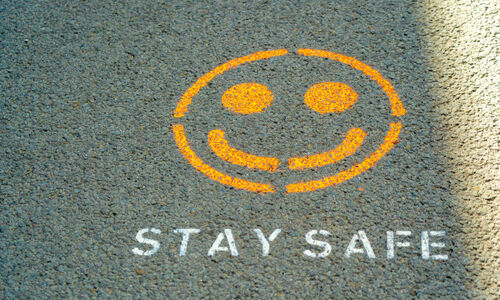Hong Kong to End Quarantine Next Week
The move ends almost three years of onerous pandemic restrictions for overseas travelers and returning residents.
The Hong Kong government indicated that it was ending compulsory hotel quarantine requirements for overseas travelers and returning residents almost three years after they were first put in place to deal with the COVID-19 pandemic, according to the «South China Morning Post», an English language daily newspaper.
In a live blog, the SCMP cited Hong Kong chief executive John Lee saying the revised arrangement will come into effect next Monday (26 September). Confirmation of the news was not yet available on the government's own website.
According to the SCMP, those arriving from abroad will be required to undergo COVID-19 tests at the airport, but they no longer need to wait for results, and they can subsequently take public transport to return home or go to their intended hotel. After this, they will be given a cautionary code on a contact tracing app for three days, during which time they will not be allowed to visit restaurants or bars.
Wide-ranging Relaxation
Those traveling to Hong Kong will also no longer be required to take a PCR nucleic acid test but can test themselves with a rapid antigen test within 24 hours of departing for the city, the SCMP reported. Those that test positive will be required to isolate at home, in hotels, or in specified facilities.
Residents who are not fully vaccinated will also now be allowed to return to Hong Kong and the limit on visits from mainland China and Macau will be lifted. The steps currently being taken follow similar relaxations announced in Japan and Taiwan Thursday.
The government's health chief Lo Chung-mau indicated to the SCMP that the current outbreak of the Omicron variant appeared to be under control and that he expected public hospitals to resume 80 percent of normal services soon.
Vaccination Rates
Lo also indicated that the current wave of infections appeared to be relatively mild when compared with the fifth wave earlier this year, although vaccination rates for those under 11 and above 80 still needed to improve.
The key question now is whether tourists and external professionals will return in high numbers given they will still have limited mobility for three days after arriving.
For those living in Hong Kong, the situation seems to be far clearer. Local airline Cathay Pacific's website was experiencing high traffic, the SCMP maintained, with wait times being as high as four minutes long.



























